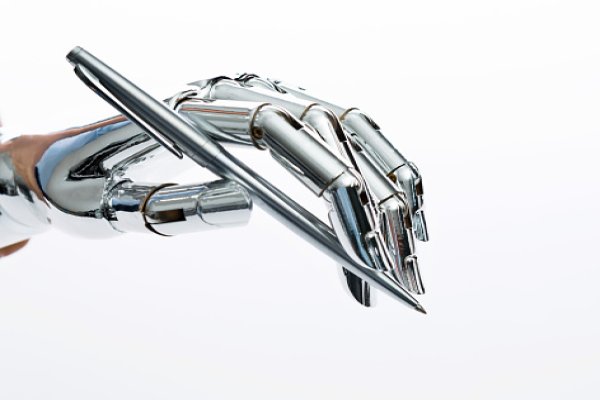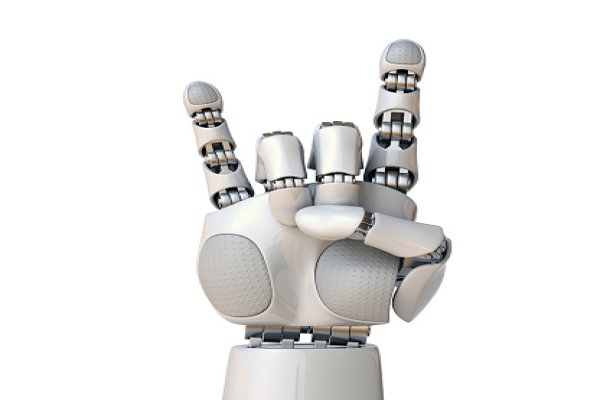AI is considerably impacting the music industry, likely surpassing digital downloads in disruption. It presents one of the most critical issues music creation faces as an art form.
Chatbots such as ChatGPT and AI songwriting software prove that the AI music revolution is nearer than originally anticipated. Consequently, some of the largest organizations in the music industry are trying to take control of technology to guarantee that AI does not substitute human musicians in the future.
On Thursday at SXSW in Austin, the Human Artistry Campaign was launched with the backing of more than 40 leading music and entertainment groups, such as the Recording Industry Association of America (RIAA), the Recording Academy, the Music Artist Coalition, SAG-AFTRA, the Songwriters of North America and National Music Publishers Association.
At this unique juncture for AI development, the company has made its statement. Even though no device has been able to generate a Grammy-winning pop song yet, AI songwriting technology is quickly advancing. Platforms like Soundful and Boomy can instantly create melodies and drum patterns with just one button click.
Nick Cave may not have been too enthused, but chatbots can now be programmed to create songs in any style they choose. Additionally, AI-based voice cloning technology is making it easier to replicate famous voices; recently, there has been an influx of amusing AI-generated Biden speeches shared on TikTok.
Harvey Mason Jr. is the Chief Executive Officer of the Recording Academy.
Harvey Mason Jr says:
“There is so much potential with AI. But it also presents risks to our creative community,”
“It’s crucial that we get this right early on so we don’t risk losing the artistic magic that only humans can create.”
The campaign identified AI as beneficial for aiding creativity. However, it focused on the importance of human creators. At its initiation, it proclaimed a set of principles to regulate the ethical use of AI and protect against such issues as copyright violation, transparency problems, and government regulations.
Mitch Glazier, the chairman and chief executive officer of the Recording Industry Association of America (RIAA), is at the helm.
Mitch Glazier says:
“Human artistry is irreplicable. Recent developments in AI are remarkable, but we have seen the costs before of rushing heedlessly forward without real thought or respect for law and rights,”
“Our principles are designed to chart a healthy path for AI innovation that enhances and rewards human artistry, creativity, and performance.”
The campaign stated that licenses and permissions must be acquired to utilize copyrighted material and an individual’s voice and likeness. Additionally, it requested governments at both state and federal levels to make sure AI developers do not use exemptions to bypass copyright regulations and that works created by AI which did not involve any human input would not be protected by copyright.
Information about the campaign, including its core agendas, a compilation of participating organizations, and a petition, are accessible on its website.
Duncan Crabtree-Ireland, SAG-AFTRA’s national executive director, issued a statement.
Duncan says:
“It comes down to respect for creative workers and their craft.”
“We have long fought for protections against misappropriation of our members’ voices, likenesses and performances, and we are excited to continue that vital work in conjunction with our coalition partners. As technology continues to improve storytelling, we want to ensure humans are always at the center of the story.”
As we continue to explore the potential of AI in music, we must remain mindful of the potential risks and challenges. We must be vigilant in addressing bias and transparency and work together to develop standards and guidelines that ensure that AI is used for all benefits.
Ultimately, the future of AI in music will depend on the choices we make today. By working together to protect human creativity and to promote responsible AI development, we can help to ensure that AI is used in a way that enhances and enriches the music industry rather than replacing it.
Source: Rolling Stone



